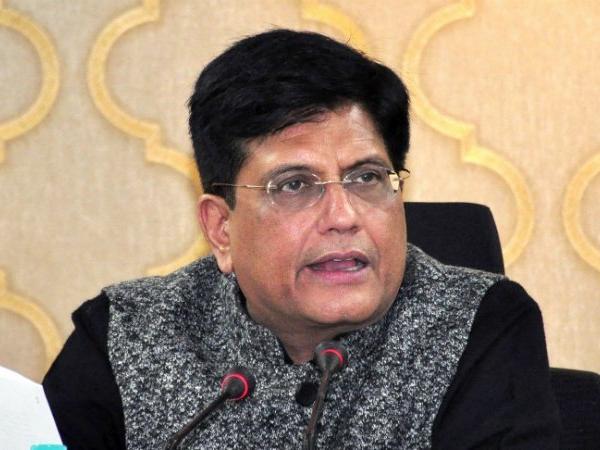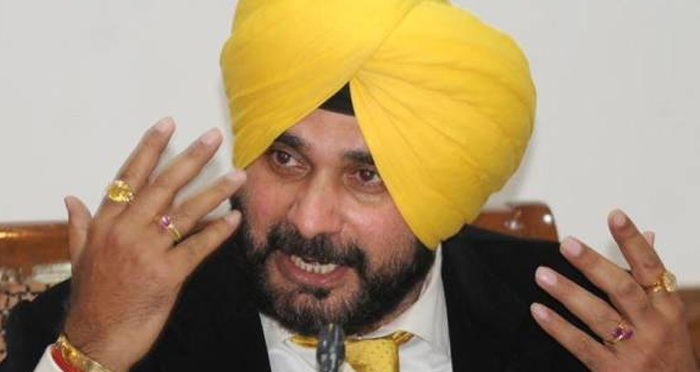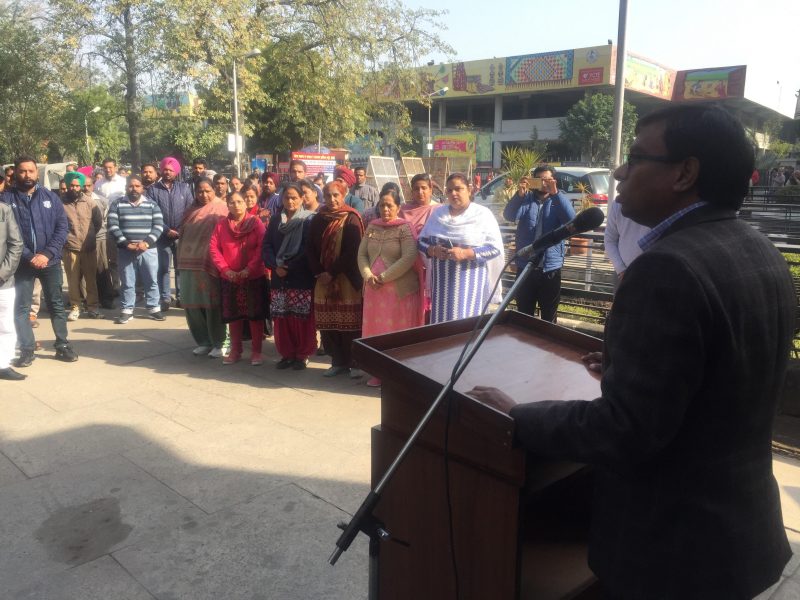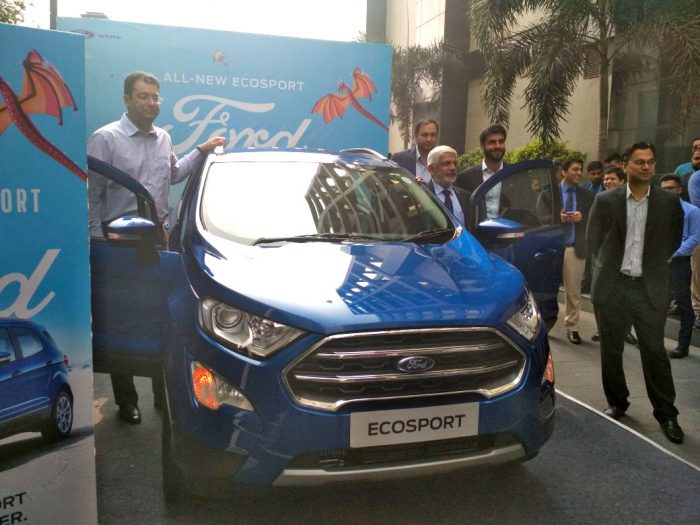Railway Minister Piyush Goyal on Friday asserted that the national transporter has no plans to sell government assets and people will not lose jobs due to corporatisation, allaying fears among its production unit workers that the factories will be given to private parties.
The minister rather showed confidence in the railways manufacturing units, which have produced state-of-the-art coaches like in Train 18 and are in the process of making Train 20, by indicating that the railways will invest in creating metro coaches and stock.
“We are not selling off government assets. Everybody’s jobs will be protected. Like we have IRCON, RITES – they are all corporatised government companies,” he told PTI in an interview amidst disquiet in its production units about the railways proposal to hive them off as one corporate entity.
In fact, the allocation for rolling stock has increased from Rs 3,724.93 crore in 2018-2019 to Rs 6,114.82 crore in 2019-2020. It was announced in the interim budget prepared by Goyal in February this year. Goyal held the finance portfolio at that time.
This will include investment for state-of-the-art coaches, train sets and even metro coaches.
“Our role will be more in creating metro coaches and metro stock,” Goyal told PTI.
As of now, only the Integral Coach Factory (ICF) in Chennai produces such coaches for the Kolkata Metro. The term ‘rolling stock’ in rail transport refers to any vehicle that moves on tracks. It includes coaches, wagons and train sets.
Railways got a budgetary allocation of Rs 65,837 crore and the highest ever outlay for capital expenditure amounting to Rs 1.60 lakh crore in the Union Budget 2019-20. Presenting the Budget, Finance Minister Nirmala Sitharaman said railway infrastructure would need an investment of Rs 50 lakh crore between 2018 and 2030.
Goyal said the Rs 50 lakh core investment mentioned by the finance minister will be needed to modernise stations and build passenger amenities.
“We have drawn up the whole programme. Some of the old projects like 100 per cent electrification, advanced signalling and station development were already there. Now, we have to work out how to create additional capacities so that our modal share of freight can go up, cost of logistics come down and our passengers along with good amenities get more avenues to travel by trains to reach their preferred destination,” he said.
“All this will entail more doubling, tripling, new dedicated freight corridors, some semi high speed freight corridors, very large gamut of investments in different sectors, regional connectivity and connectivity to aspirational districts. We have worked this out both through government expenditure and public-private partnership,” Goyal added.
Sitharaman in her address had said given the capital expenditure outlays of railways at around Rs 1.5 to Rs 1.6 lakh crore per annum, completing all sanctioned projects will take decades. She proposed to use public-private partnership to unleash faster development and completion of tracks, rolling stock manufacturing and delivery of passenger freight services.
Goyal said the country should have an open mind about such investments, adding if there were viable projects that could generate additional revenue, he was open to them.
“Wherever there are opportunities and viability of attracting more investments and better services for the passengers, we will keep an open mind. The passengers have a right to better services,” he said.
“If there are economically viable projects and people are willing to invest in them, why not? For example, if Coal India opened a new mine and they need a railway line and a siding, why should railways invest in it? Coal India need it to move their coal, so they can invest in it. We can co-invest in them. Whenever there are opportunities which are viable we should have an open mind,” he said.
The railways minister also said increase in diesel prices would not affect the national transporter as it was moving swiftly towards electrification of all its routes.
“We are moving so rapidly on electrification that I do not see any significant impact. Railways is carrying almost half of its freight and passengers on electrified routes now. The speed of electrification is so fast that in the next three or four years, we will not have any need for diesel. So, I am not worried,” he said.
Railways has set a target of electrifying 7,000 route kilometers in 2019-20.
SOURCE-ET NEWS











